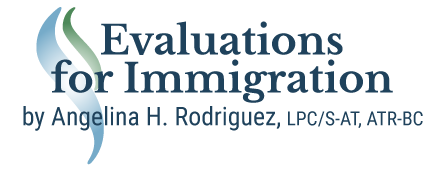For many children who live in a primarily undocumented household, it may feel as though they are at a disadvantage because of their background and having to constantly fear being separated from their families. It is because of these fears and concepts being relayed onto them, that they may feel as though they cannot participate in normalized school activities and programs because of their own or their family’s citizenship status. While these concerns are valid, it has been seen that public education cannot refuse the right of an education to children as well as the opportunities that are presented to them such as school reduced lunches, after-school sponsored activities, as well as special education accommodations.
Although, legally, children are entitled to these same benefits regardless of legal status, there is still often apprehension from parents and guardians because of the looming fear of separation or loss of resources. However, it can be shown that allowing children to take part in after school activities such as joining a math club or a choir group that are school funded can boost morale, provide educational growth, inspire future professional aspirations, as well as help acclimate them better into a different society than their home country.
There are many advantages that are presented when children are involved with outer school activities, especially as children of immigrants they may feel as though they may not have the same opportunities as others, which, by being involved in something more can boost their self-esteem and give them many educational learning experiences that will help them later on in life. One advantage that comes with allowing a child to become involved in an after school club or activity such as a sport or art club is that these organizations will aid in the development of discipline in a child. By attending practices, meetings, and keeping in mind that there is also homework and housework to be taken care of, children will start to develop management and organizational strategies that will help them later on as they grow into adolescence.
Learning and gaining increased educational exposure outside of the classroom also allows immigrant children to flourish and not feel as isolated when concerning opportunities that are available to them. After school-led and funded activities narrow the economical gap that many children that live in undocumented families face compared to their native-born peers. By being able to learn different skills and express their own knowledge and demonstration of expertise, children are able to build confidence and feel as though they can succeed regardless of their diverse backgrounds. After school activities can also help with those who are struggling with language and acculturation barriers as they provide many learning resources that upon repetition will overall boost a child’s learning and development of interpersonal skills and communication.
When it comes to our children, we always want to provide and ensure that they have the best life possible. It may be intimidating and worrisome to expose children to something that is unknown to most immigrant parents, however when it comes to education and opportunity after school programs are a cost-effective and credible way to give your children the many opportunities and resources possible to succeed without putting any legal status in jeopardy.








